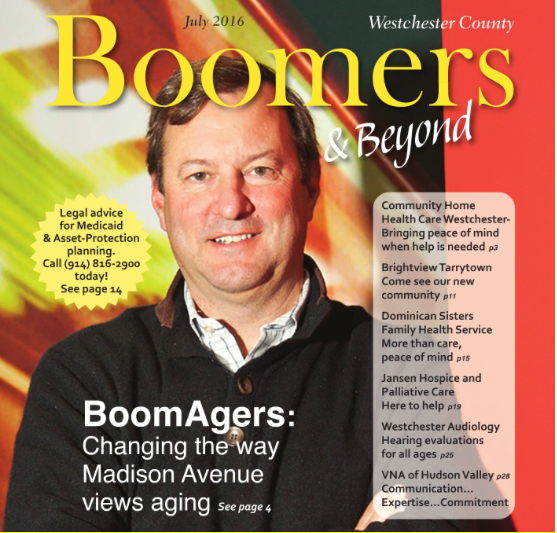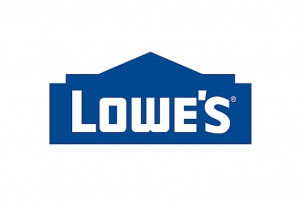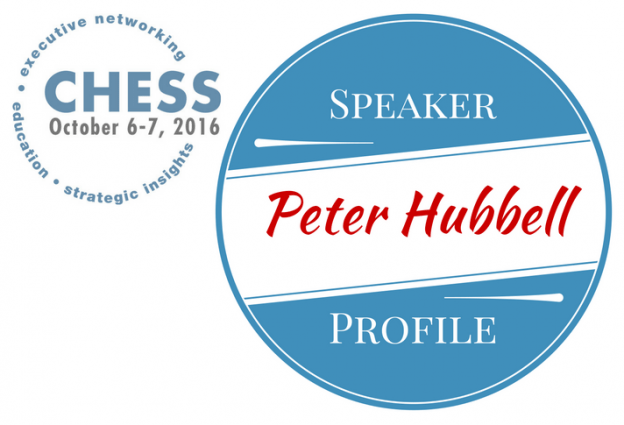Boomers and Millennials—Understanding the Needs of Key Consumer Groups
 IHA’s 2016 CHESS conference, October 6-7, in Rosemont, IL, offers top-level educational presentations for housewares industry executives. One of the valuable programs on Friday, October 7 will be Peter Hubbell’s analysis of how to reach Baby Boomers and Millennials. Hubbell, CEO of BoomAgers, the New York-based ad agency focused on the Boomer generation and issues of global aging, will speak about the “ageless marketplace.”
IHA’s 2016 CHESS conference, October 6-7, in Rosemont, IL, offers top-level educational presentations for housewares industry executives. One of the valuable programs on Friday, October 7 will be Peter Hubbell’s analysis of how to reach Baby Boomers and Millennials. Hubbell, CEO of BoomAgers, the New York-based ad agency focused on the Boomer generation and issues of global aging, will speak about the “ageless marketplace.”
Unprecedented global demographic changes impact major social trends and household spending, as the number of people ages 65 and older increases daily—and extended longevity means that many can remain active into their 90s. Understanding the business of aging becomes more critical for success.
“In order to sell more housewares, figure out how the house works and how people live in it,” says Hubbell. In the 1980s, the kitchen changed from an enclosed workspace outfitted with tools to blend into the home environment in a “great room” for casual family activities. Color and design integrated the kitchen with home décor. “The cover came off the stand mixer,” which was no longer a white machine hidden in the kitchen, but a color accent placed on the counter. People form their values in their youth; Millennials grew up in such homes.
Boomers in their post-retirement years discover that they spend more time at home (and many own multiple residences) where they start businesses and entertain. They look upon this life stage as a time for joy, discovery and well-being, as they “decelerate and celebrate.” They downsize to streamline their possessions. Boomers believe they are “getting better with age” and redefine aging as “the future of living.” Businesses must understand the changing motivations and values of this key demographic group, which has dominated brand marketing since the 1960s.
Millennials, on the other hand, “represent the future but the future isn’t here yet,” Hubbell says. They are financially pressed and may live with their parents. “Millennials can afford what they need, but not what they want,” he explains. “Their rate of home ownership is low and they have postponed marriage and children.” They value information, access and experiences. “Get to know them until they form families and put the house in housewares,” Hubbell recommends. These distinctions between the demographic groups require a multi-generational strategy for next 10 years, he advises.
Hubbell, an advertising agency veteran who managed global brand accounts for Proctor & Gamble, General Mills and other market giants, established BoomAgers in 2012. He knows that Boomers spend three times as much as Millennials on consumer products. Psychology, not biology or chronology, motivates consumers. Boomers respond to marketing messages that treat them with respect and authenticity and in ways that resonate with their values of optimism, exploration and achievement.
IHA’s annual CHESS conference (Chief Housewares Executive SuperSession) October 6-7 at the Westin O’Hare in Rosemont, IL, gathers housewares industry decision-makers and industry experts who will share perspectives on current events and forecasts for the future. Day Two of CHESS 2016 presents informative sessions on the future of retail and supply chain management, along with Peter Hubbell’s provocative and entertaining insights.
To register for CHESS or for more information, visit the CHESS website or contact Isabel Barabicho at IHA.





